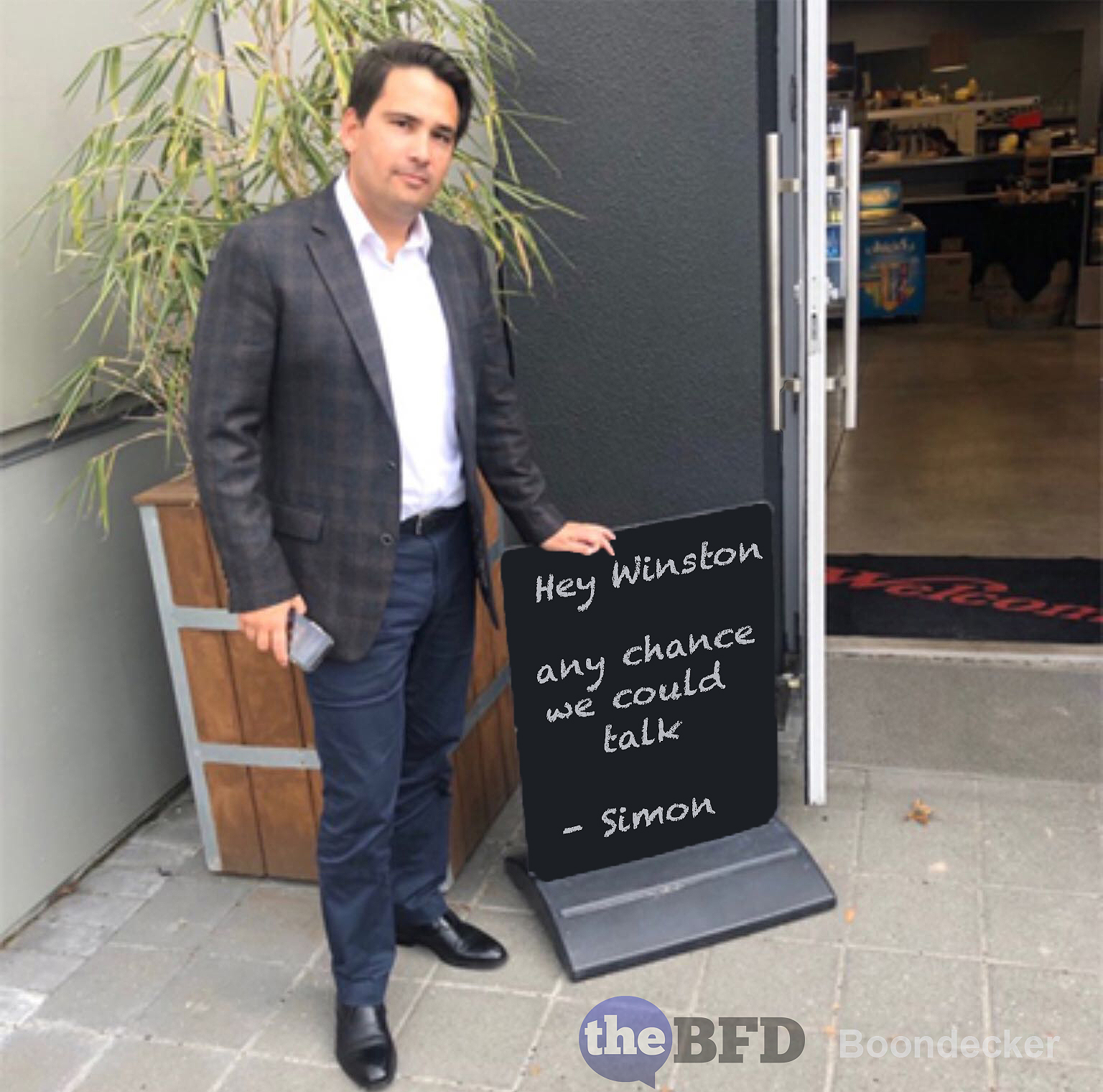Matthew Hooton writes in Metro Magazine about why he thinks Labour will win this year’s election. This despite the distinct lack of delivery and policy blunders like KiwiBuild.
It is as if, like the Trump administration, the governing party’s base has separated out its love for the leader from the reality of the shambles over which she or he presides. Such a comparison ultimately fails off course: Ardern is authentically kind and caring, and her strong leadership after the Christchurch terrorist attack and White Island emerges from genuine compassion. But, like Trump, it is Ardern’s celebrity that gives her a clear path to re-election, made easier by the official Opposition having yet to accept it lost 2017 fair and square and believing it need do nothing but pander to its base before a restoration of the rightful order.
As unpalatable as it is for some readers to hear, that is as true today as it was after Winston Peters decided that a bunch of noddies was preferable to nasties like Bill English and Paula Bennett.
Labour’s re-election pitch will not be entirely about its leader. Certainly, like Key in 2011 and Clark in 2002, Ardern will be positioned as personifying everything that is good about New Zealand. We will see her hugging school kids in Grey Lynn and Morrinsville; joking with tradies on construction sites in West Auckland; comforting the sick in their hospital beds; nodding wisely as scientists explain new low-methane pasture; speaking truth to power on the world stage; issuing instructions to her ministers with furrowed brow; visiting temples, churches, mosques and synagogues; and cheering on the Olympic team, the Silver Ferns and Team New Zealand. In contrast, Simon Bridges will be portrayed as un-New Zealand and angry.
It is a sad state of affairs, but again, all that Matthew Hooton says is true. But wait, it gets far more brutal.
National strategists disagree with all of the above, of course. They hope the multiparty consensus on the Zero Carbon Act has removed the rationale for people to vote Green rather than Labour, National or even NZ First.
They expect the NZ First funding scandal to fatally destabilise the coalition and drive Peters’ party below 5%. All they would need to do then is go even with Labour on party votes and get into government with Act, now expected to bring in at least a second MP, and perhaps even the Maori Party if it regains Tamaki Makaurau.
This scenario is plausible, but also heroic, and it assumes Bridges will hold his own in a one-on-one sprint to the finish against Ardern. That’s unlikely.
Bridges isn’t as unpopular as his fiercest critics insist — his 10% preferred prime minister rating is perfectly respectable, and better than three-term prime ministers Clark or Jim Bolger often managed as Leader of the Opposition. It is the extent to which people don’t like him that worries National. His unfavourability score is worse than even Peters’. This could be overcome except that National’s message remains pedestrian.
At the end of 2018, Bridges promised National would become a serious policy unit. Discussion documents were meant to flow through 2019, and at least seven did eventuate. But, with the exception of Nikki Kaye’s paper on education, most lacked new ideas. The welfare and crime papers promised to pick up English’s social-investment approach. There was a big focus on combating gangs. Broadly, the economic paper didn’t promise much more than reheating Steven Joyce’s Business Growth Agenda, modest tax cuts targeted at the poor and efforts to lower the cost of living through various reviews. The boldest bit was starting to raise the age of eligibility for superannuation in 2037, six elections away.
National is cautious because it thinks 2020 is almost in the bag. It is still bitter about being turned down by Peters in 2017, even though its MPs now say they are pleased not to have formed a government with him. They think voters will come to their senses this year and elect a fourth term of the Key-English-Joyce regime.
Politics doesn’t usually go backwards like that.
No, politics doesn’t work like that, and the voters will realise this, even if National’s caucus fails to. The rise of ACT won’t go unanswered either. The rise isn’t because of Seymour’s kill granny bill, it is because of anger amongst shooters that other parties have betrayed them. With the second tranche of gun law changes still before parliament, there is an opportunity for NZ First and/or National to claw back that support from ACT. Winston Peters is a canny operator and he won’t want to see the ACT vote grow. Expect push back.
You can also expect other policy push backs as the polls start to solidify showing a waning National and a growing chance of a Green/Labour coalition. Again, it will be Winston Peters making the appeal to voters that only his party can stop the growing influence of the looney Greens.
The second half of this year is going to be tumultuous as the parties jockey for position. Then you will be able to come back to this article and wonder why it was that National’s caucus did nothing.

